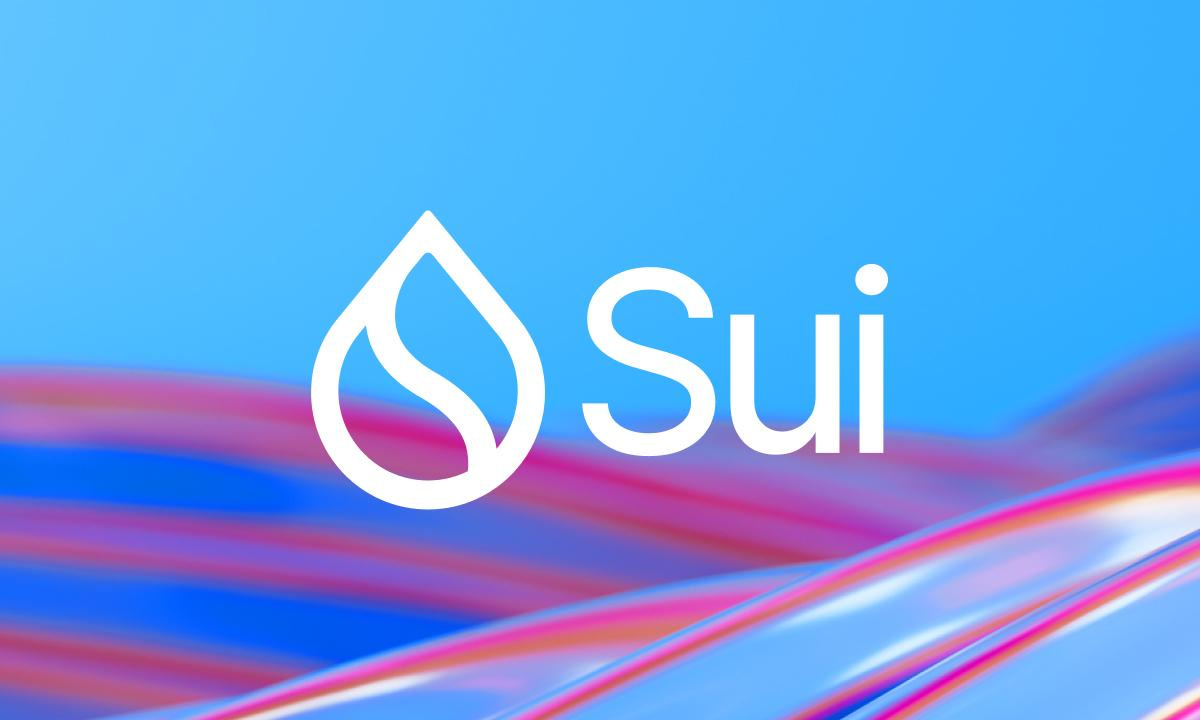Singapore is positioning itself as a global crypto hub, the regulator says
Crypto regulation has changed dramatically around the world: China has taken significant action against crypto activities in recent months, while Japan has recently only allowed crypto mutual funds. El Salvador, on the other hand, has accepted Bitcoin as a legal currency.
As financial centers around the world seek to regulate the sector, Singapore seeks to establish itself as the global capital for crypto-related businesses. According to Ravi Menon, CEO of the Monetary Authority of Singapore (MAS), the city-state could have stayed behind if it hadn’t had a head start in dealing with cryptocurrencies.
Menon, who has headed the MAS for about 10 years, said, “Crypto-based operations are essentially an investment in a potential future, the shape of which in the future is unclear. This time,” Menon said. who has headed the MAS for about 10 years.
The country, which is at the forefront of this movement thanks to its openness to cryptocurrencies, has developed a regulatory framework that encourages their use. The tax system has also been adapted to encourage the development of the industry.
The MAS is implementing “very strict regulations”, according to Menon, so that organizations can meet their requirements and deal with many of the threats to their operations.
Mr Menon said Singapore needs to step up its security measures to combat threats such as illegal flows. The city-state has become a magnet for crypto companies, from Binance Holding, which has had a number of disputes with regulators around the world, to Gemini, a global operator.
After the implementation of the Payment Services Act in January 2020, 170 companies applied for a MAS license, bringing the number of applicants to around 400.
Since then, only a handful of crypto companies have received desirable licenses, including two that have been denied. About 30 applicants withdrew their applications after interacting with the regulator.
As Cointelegraph reports, DBS Group, Singapore’s largest bank and a pioneer in creating a digital token trading platform and providing cryptographic services, is one of the institutions that have been licensed. Other state banks and tech companies such as OCBC and IBM have also joined.
Follow the Youtube Channel | Subscribe to telegram channel | Follow the Facebook page




















